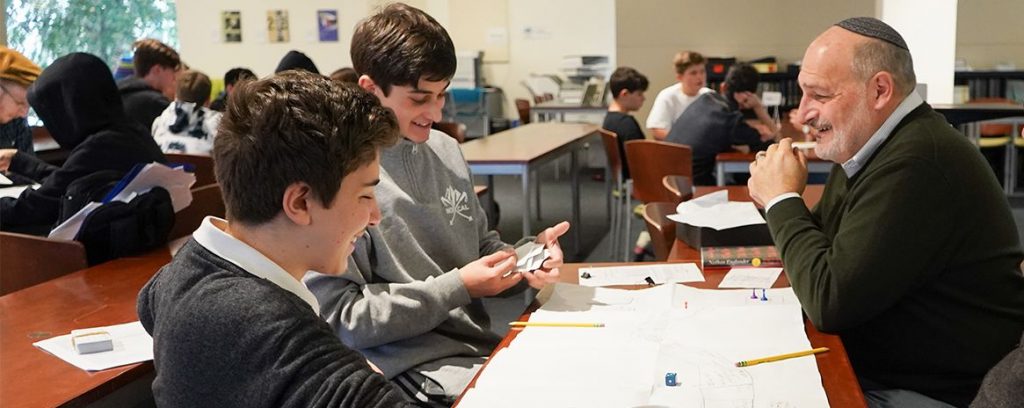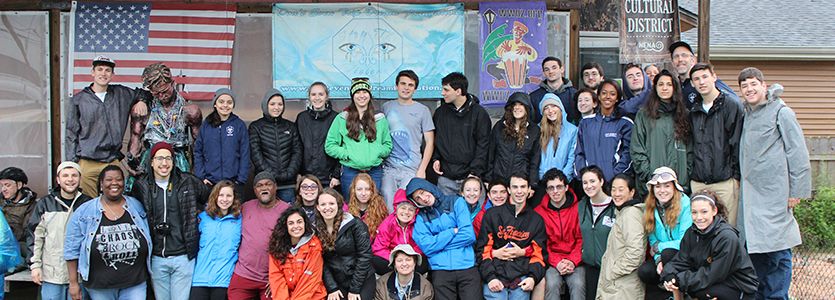by Adi Alouf: Director of Jewish and Student Life; Jewish Studies Teacher
I remember learning about asymptotes in high school math – the line that continually approaches a given curve but never actually meets it. Reading parshat Kedoshim this week, I am reminded of the asymptote. The project of becoming a holy nation, as God commands of Bnei Israel in Leviticus, is a perpetual process. In the parsha, God specifically instructs Bnei Israel and us today how to continuously and collectively strive for holiness through our actions and relationships.
Becoming holy is a communal endeavor, even as God calls on individuals to engage in certain behaviors. To emphasize this point, God tells Moses to ‘speak to the entire congregation of the children of Israel, and say to them, you shall be holy…” (Leviticus 19:1-2). The communal nature of this injunction would have been clear by the fact that God was speaking in the plural and to the children of Israel. The text goes out of its way to specify that this was to the entire community. Holiness is not something that we should strive for outside of community. We venture to holiness only in and through community.
The list of things we need to do as a community to follow this asymptote of holiness is robust. I am struck by the first two commandments on the list – revering one’s parents and keeping Shabbat – which are joined together in a single verse (Leviticus 19:3). There are various parallels we can draw between these first two mitzvot and wisdom we can glean from the fact that of all commandments, these are the first.
One possible connection that I am thinking about is that both of these mitzvot encourage and require humility. First, humility in the face of those who came before us. Those who have nurtured us, cared for us, experienced and known for longer than us. And there is humility in Shabbat observance – humility in the face of our own creative abilities, achievements, and work. On Shabbat, we rest, recognizing that we can’t do it all, all the time. Both mitzvot underscore our indebtedness to those who have shaped our identities and provided us with life itself.
These first two commandments set the tone for a culture of humility and the following commandments that are enumerated in the parsha. As a baseline, in order to pursue holiness, we must be humble in community and as a community.
As we strive for holiness as a community, we do so with the knowledge and humility that it is an eternal task. As Rabbi Tarfon says, “It is not your duty to finish the work, but neither are you at liberty to neglect it” (Pirkei Avot 2:16). To engage in the ongoing process of becoming a holy community, we must first embrace the fact that we do not know it all, and that we need each other to become holy. May we harness this humility as we engage in discussion and learning together.









